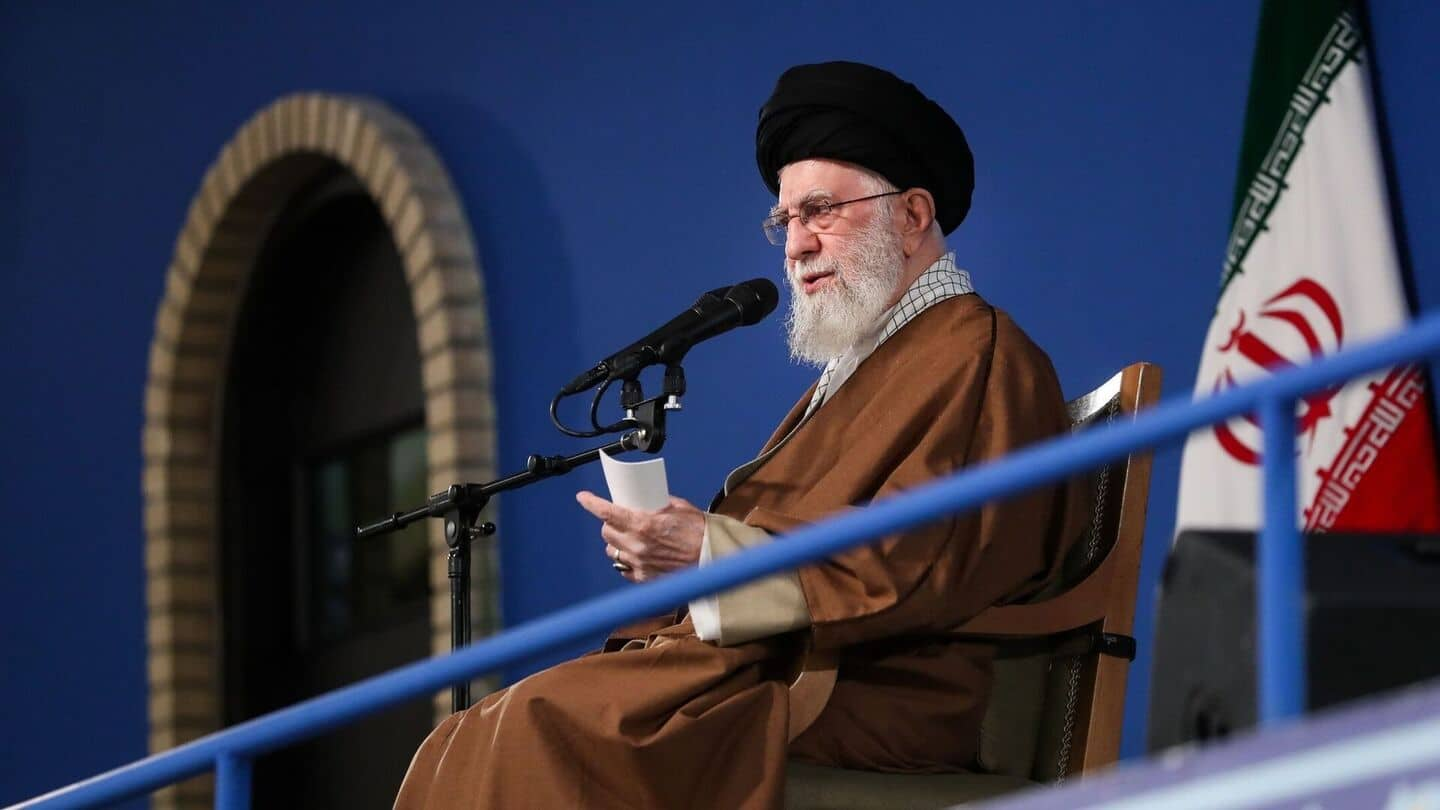
What happened at the US-Iran nuclear meeting in Muscat?
What's the story
Iran and the United States of America will hold indirect nuclear talks next week, with Oman acting as the mediator.
The discussions, which will only cover the nuclear question and sanctions relief, will take place on Saturday (April 19) in Rome.
The announcement comes after Iranian Foreign Minister Abbas Araghchi and US Middle East envoy Steve Witkoff held brief talks on Saturday in Muscat, marking the highest-level Iran-US nuclear negotiations since the collapse of a 2015 accord.
Historical context
High-level nuclear negotiations mark significant development
The upcoming talks "will continue to be indirect. Oman will remain the mediator, but we are discussing the location of future negotiations," Iranian foreign ministry spokesman Esmaeil Baqaei said in an interview.
He said the talks will only be on "the nuclear issue and the lifting of sanctions," and that Iran "will not have any talks with the American side on any other issue."
Tensions
US-Iran relations strained since 2015 nuclear deal collapse
Donald Trump abandoned the 2015 nuclear deal between Iran and world powers in 2018 during his first term as US President.
He reimposed sweeping economic sanctions on Iran, which stayed committed to the deal for a year after Washington's pullout but eventually started rolling back its commitments.
Both nations described Saturday's discussions as "constructive."
When asked about the discussions, Trump told reporters onboard Air Force One, "I think they're going well." But he insisted, "Nothing matters..until you get it done."
Economic impact
Iranian rial strengthens amid nuclear talks
Several Iranian websites monitoring the unofficial exchange rate reported on Sunday (April 13) that the Iranian rial has strengthened to about 850,000 to the US dollar, from over one million in the past few days.
Iran is currently reeling from Israel's pummeling of its two proxies, Hezbollah in Lebanon and Hamas in Gaza, and is seeking respite from sanctions crippling its economy.